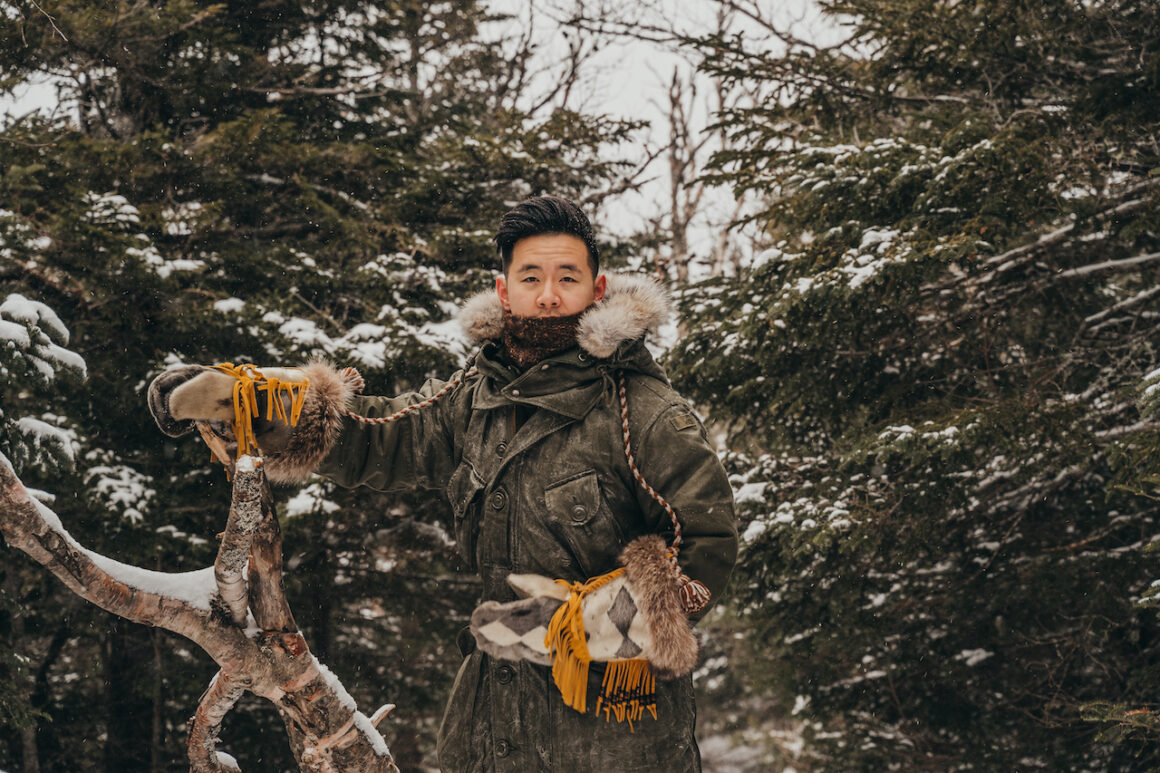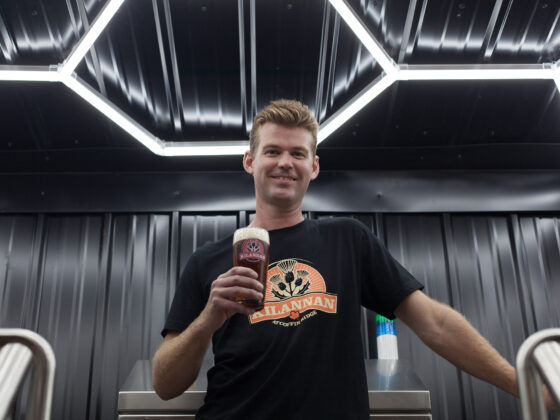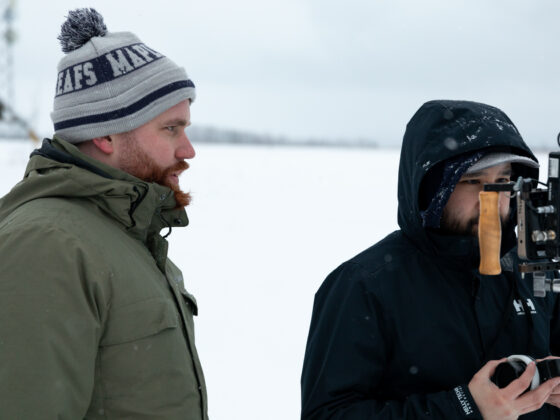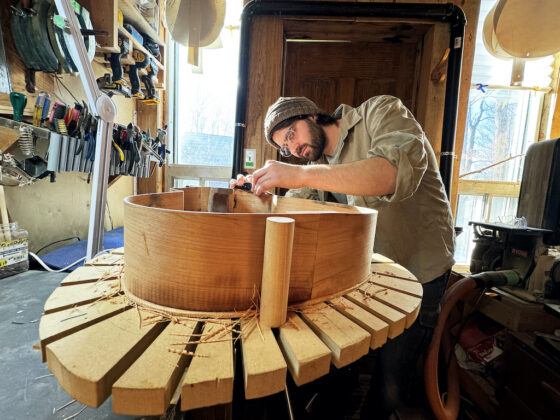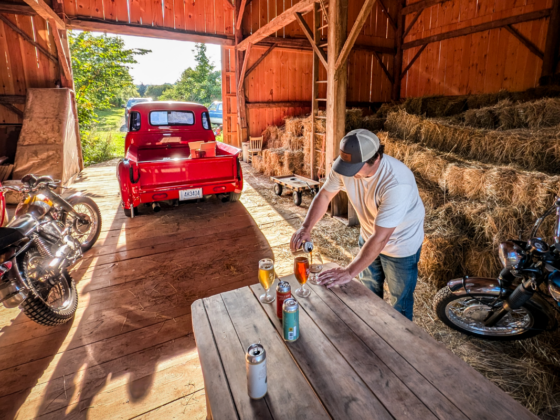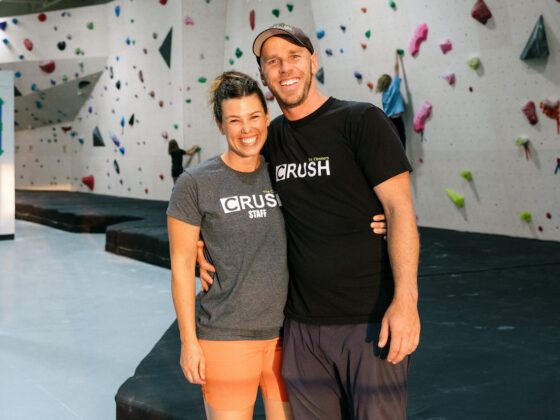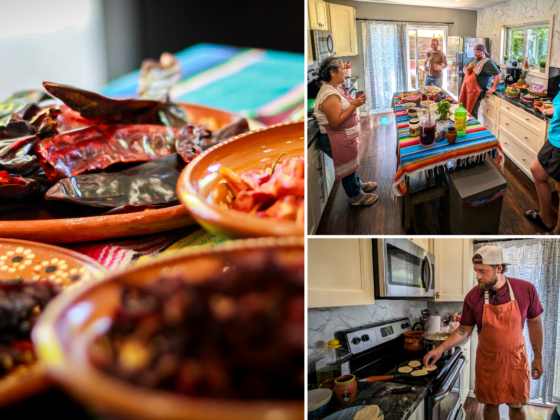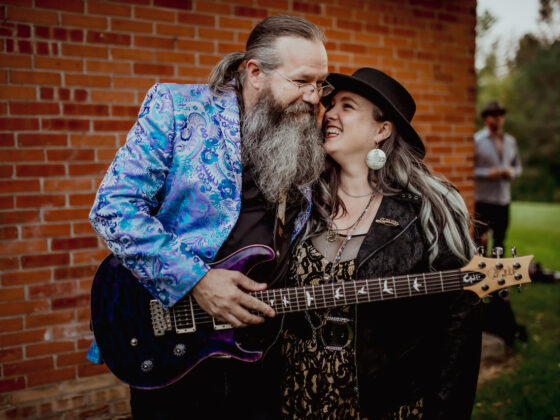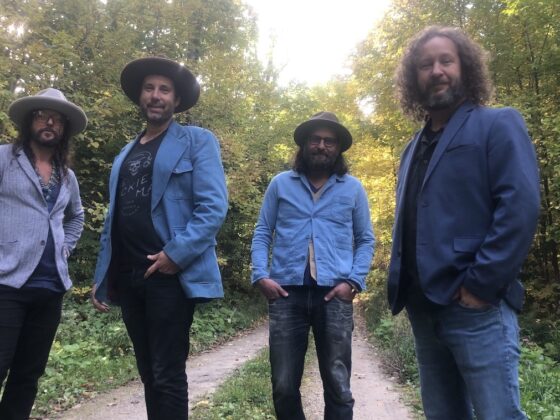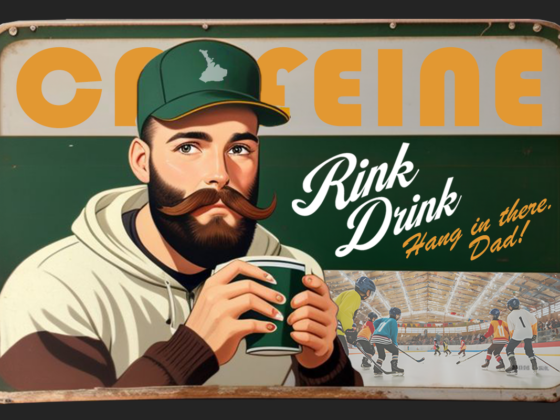Being alone in the bush will show you what kind of person you are – whether you wanted to know or not. It’s a test that’s often held as a benchmark for people searching for meaning and a worthy opponent for which to test their resolve. If you want to be humbled, look to the treeline.
Throughout time, the forest has been revered as a representative of transcendent or hallowed meaning through real-world forms; a place where humanity has sought allegorical treatment of one subject under the guise of another. You go to the bush alone with a bone to pick, with clouded vision, with questions – somewhere within the recesses of our mammalian brains, we must know the bush holds answers. It’s a place where it becomes clear the battle we’re seeking is within ourselves. In this light, the bush can be a powerful ally and teacher.
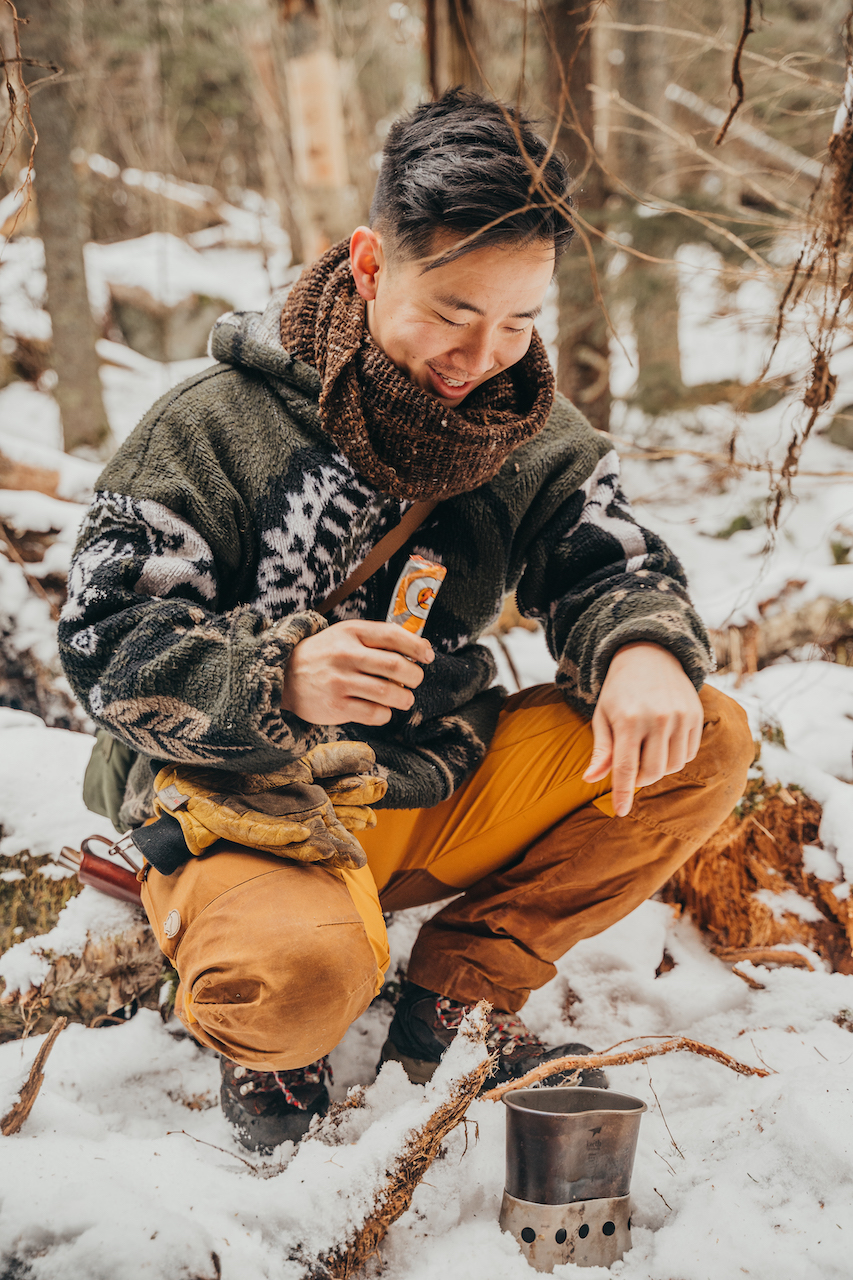
Originally hailing from Montréal, you might know Dr. Teimojin Tan if you’ve visited the Emergency Room in Wiarton, Lion’s Head, or Southampton, where he works as a general practitioner with Grey Bruce Health Services (now Brightshores Health System). You might also know him as a finalist from Season 9 of the History Channel mega-hit program, Alone, where he lasted 63 days in the bush with only 10 items, using his knowledge as a physician and a Canadian Armed Forces veteran trained in arctic warfare to overcome environments and situations that would have 99% of us crying for our slippers and a spot in front of the fireplace.
His convergence on survival, medicine, fatherhood, and business, would all get its start at the ripe old age of 17 when he joined the Canadian Armed Forces, in part, because of the promise of food and a paycheck.
“I joined because my Volleyball captain told me I should,” laughs Tan. “I was struggling with food and finances, and every Tuesday he would show up to practice with these three big lunch boxes and I’d be so envious because I was hungry. He’d give me a sandwich here and there and I’d ask him where he got all this food. He told me ‘every weekend we do this training in the military and take whatever food we didn’t use – and by the way, all of my education right now, the Army’s paying for it – and in the summer you can make a ton of money, too.’ I was like, alright, sign me up.”

Aside from the sandwiches and summer job, what Teimojin found was the beginnings of his life’s greatest journey. A unique path into medicine and business he attributes to his time in the Canadian Army.
It was honestly one of the best decisions I could have made as a young person. You get such a sense of responsibility, a sense of grit, and a sense of purpose. You develop a sense to deal with failure really well and I think that’s only amplified who I am as a person. In the military, you stumble, you fall, you get hurt all the time – plans change on a whim and a lot of it’s not under your control… That only enforced what I wanted to do as a med school applicant with not the best grades, as a businessman with no business experience, and as both a physician and a business owner trying to take a trajectory that has not been done before. All are scary unpredictable things, and I don’t think I could have done it without my military background.”
The medical field is a space at the forefront of society’s mindset these days. The COVID pandemic put a spotlight on healthcare that we’ve not seen before and compounded the weaknesses in the universal system we hold near and dear to our hearts as Canadians. Working in healthcare is hard, and the nurses and doctors that dedicate their lives to helping the rest of us often lead lives fraught with grueling hours, complex problems, and immeasurable stresses and traumas. When Teimojin first started as a resident physician, there came a point where he questioned his choice.
“I was working 36 hour shifts just destroying myself – I did schooling in the US where I was already six-figures in debt, so to know then you may have made a mistake causes such a desperation where I’d say to myself, ‘OK, I feel horrible, this job is incredibly hard, I’m tired all the time, my relationships are over, and not only that but I can’t find a mentor around me that’s happy with their job?’ I was seeing doctors say to young people, ‘don’t become a physician, it’s not the time, it’s not worth it.’”
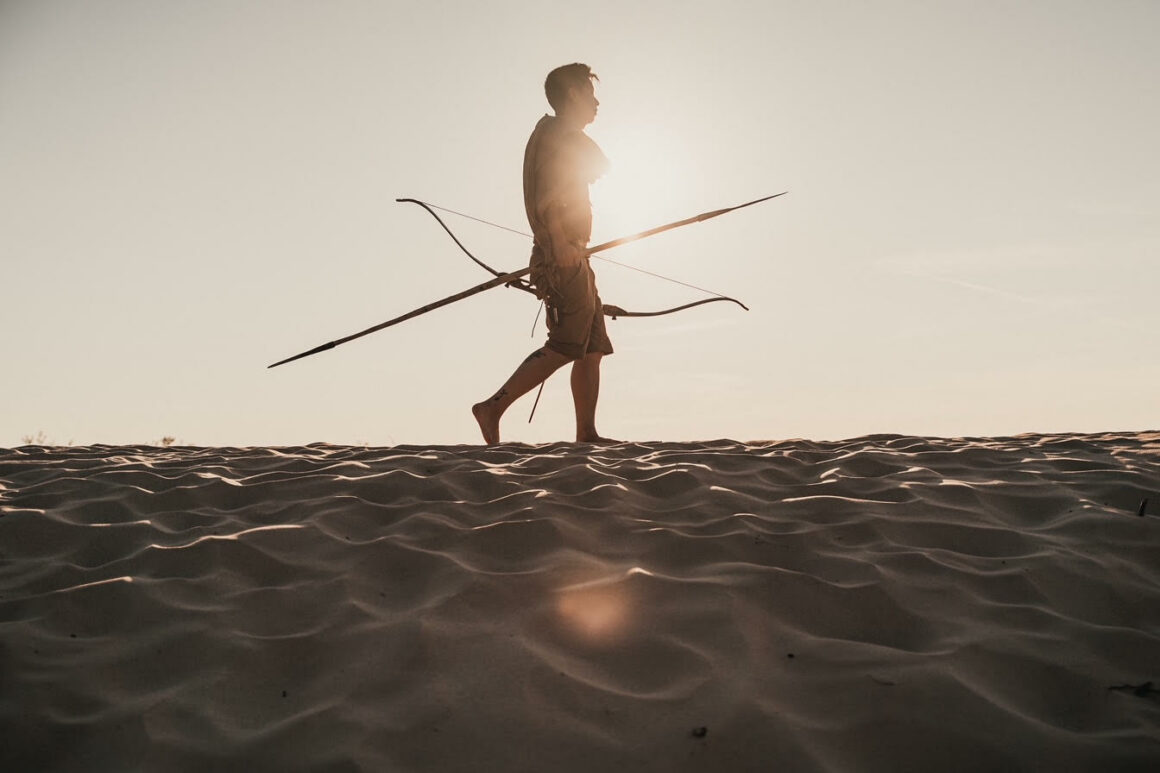
After a lot of reflection, Teimojin took a look at the bigger picture and drew some inspiration from his time working overseas with the Indigenous Masai people of East Africa under Queen’s University Professor, Dr. John Geddes’ CanAssist African Relief Trust (what hasn’t this guy done?)
“[Geddes] was the guy who snatched me up and put me on the path I’m on here today… And my uncle and my godfather really instilled in me a sense of adventure.. When we think about survival, it can be very grim, but when we think about primitive or long term living it’s such a beautiful thing,” says Tan of his time with the Masai. “To see how happy and fulfilled and connected everyone was, not only to each other, but to their land and their purpose and to their medicines. Their knowledge was just so vast.”
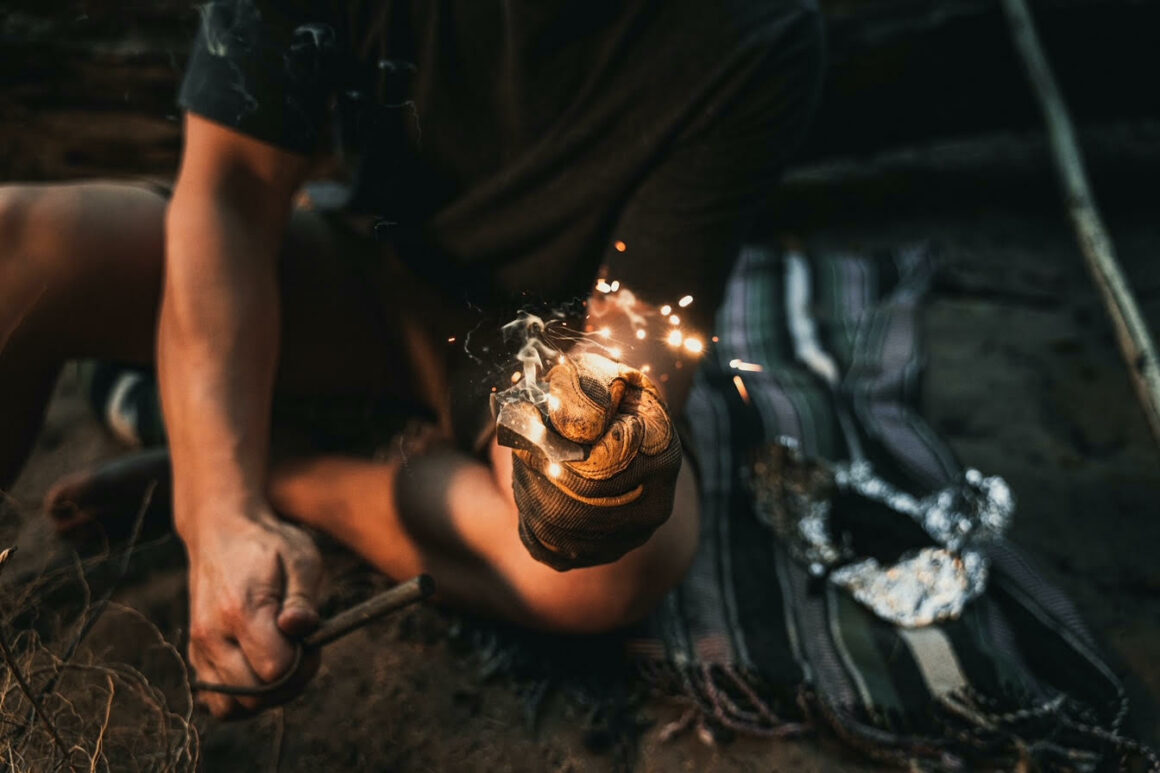
In his early career, his fascination for traditional healing and herbal medicines helped him gain so much knowledge, inspiration, and spirit – but having no way to give back bothered him. Tattered and broken from his experience working in ER’s during the pandemic, Tan knew he could tie together his love for helping people as a physician, and his love for the bush as an outdoorsman – the concept for the Survival Doctors® was born.
Offering a unique curriculum that harnesses the strength of his military training, his knowledge as an ER physician, and his experience as a hardened survivalist, Survival Doctors® is a mix of deep bushcraft knowledge and extreme wilderness first-aid. “It’s not fixing boo-boo’s,” says Tan.
“Will you be able to save a life after you do your training with me? The answer is yes. You’ll be able to effectively manage all of the life-threatening things that happen on a common basis. We look at things like heart attacks, stopping massive hemorrhages, airway issues, spinal fractures, severe hypo/hyperthermia – we systematically evaluate, stabilize, and evacuate a patient, and also, how do you do all that when rescue is not coming and how to temperize for as long as possible. It’s a blend of survival and medicine that gives people the knowledge to withstand incredible rigors in a survival situation – deeply understanding both is what makes you indestructible out there.”
Partnering with the Great Ape Empire, a veteran-owned outdoor outfitter in Wiarton, Tan offers training in 5-day and 9-day stints on the Bruce Peninsula, to mostly avid hikers and bushcrafters, but also to medical professionals – doctors, nurses, EMS, and EMTs, who feel “obligated” to better understand wilderness survival. He also teaches many Indigenous groups coming in for land education courses to take back to their communities, and veterans looking to rekindle part of themselves they’ve lost since their time serving.
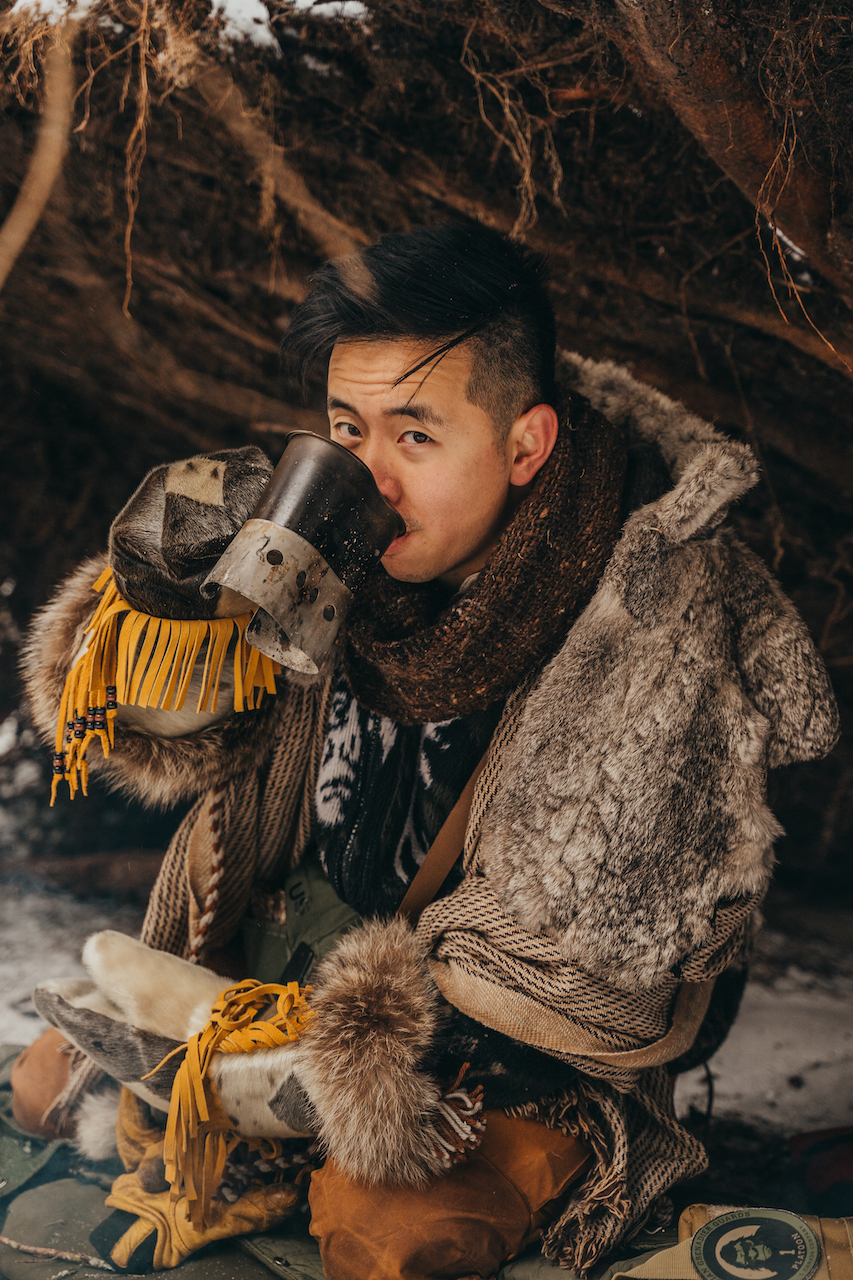
“It really warms my heart to have both of those demographics come on board – not only because they’re 100% sponsored, but because we’re offering the highest quality of education to communities that need it, for free. When they go back to their communities, they’re able to teach and treat things like drug overdose and how to stop all acute emergencies before EMS gets there. Having that knowledge and being able to spread that knowledge is such a huge bonus.”
For Tan as a veteran himself, one major affirmation he took the right path is being able to support veterans and veteran-owned businesses. “One guy, he was a combat medic who was medically discharged. Coming in, I asked him ‘you have the experience, you have the grit – why are you coming to this course?’ He had that loss of self, that loss of purpose and brotherhood – at the end of the course, he was in tears because of what it felt like to be working together with other vets in a new circumstance, working towards a cause of improving communities. It was such a special experience.”
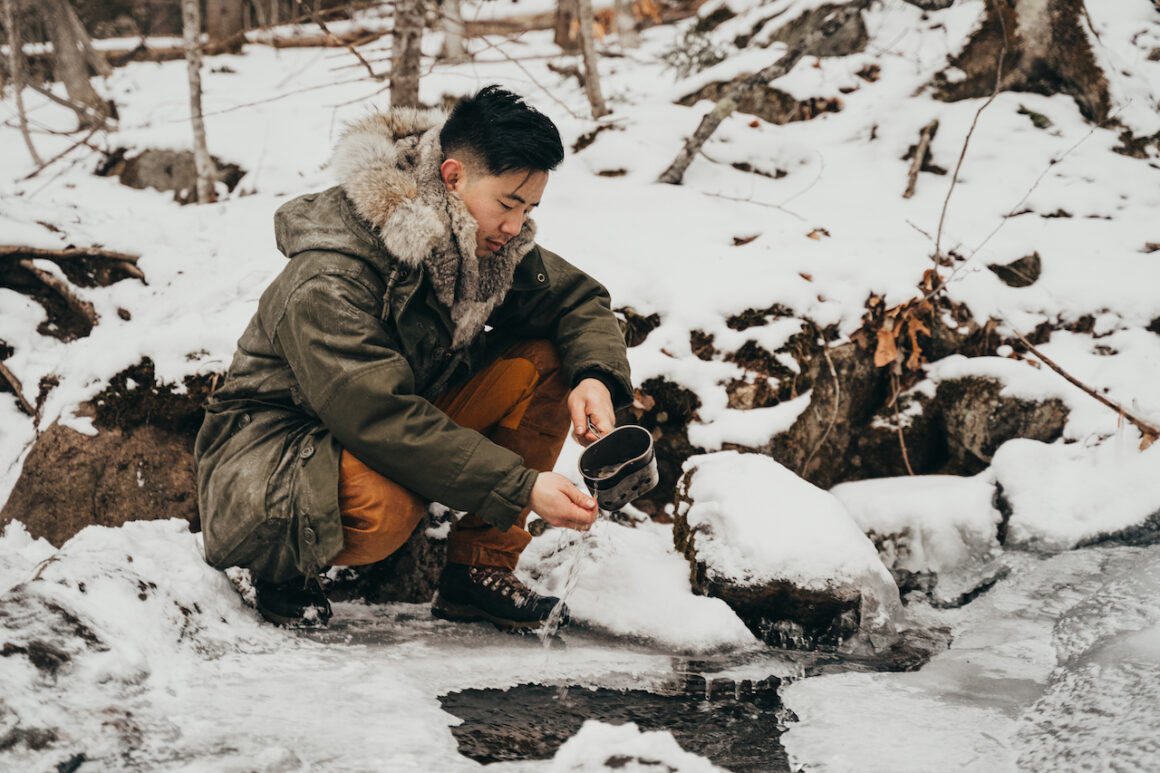
During our interview, Teimojin was working in rural Maine. Even over Zoom, I could see this warmth on his face whenever he spoke about being in the bush teaching. Coming from homelessness and financial struggles, to active war zones, to med school, to the wilds of Labrador on an internationally successful TV show, to working as a physician all over the world, and now expecting his first child – he’s smiling. I ask him what he’s feeling when he finishes a course:
“What I love deeply is connecting with each individual student… I find everyone’s strengths, everyone’s weaknesses, and how we can work together to fulfill our objective. We have such a melting pot of people in each course, some who aren’t physically capable of helping like others can, so to be alongside them to encourage them, to inspire them, and to push them beyond where they thought they were capable – at the end of the course to have everyone in tears saying ‘I didn’t know I was that person,’ that is something that I can’t really describe. I can’t describe it as anything but pure joy.”
You can learn more about Teimojin and Survival Doctors® at survivaldoctors.com – and you can see him in action in Season 9 of Alone on Netflix.
Words by Nelson Phillips
Photos by Jacie Morris & Brian Zhou

